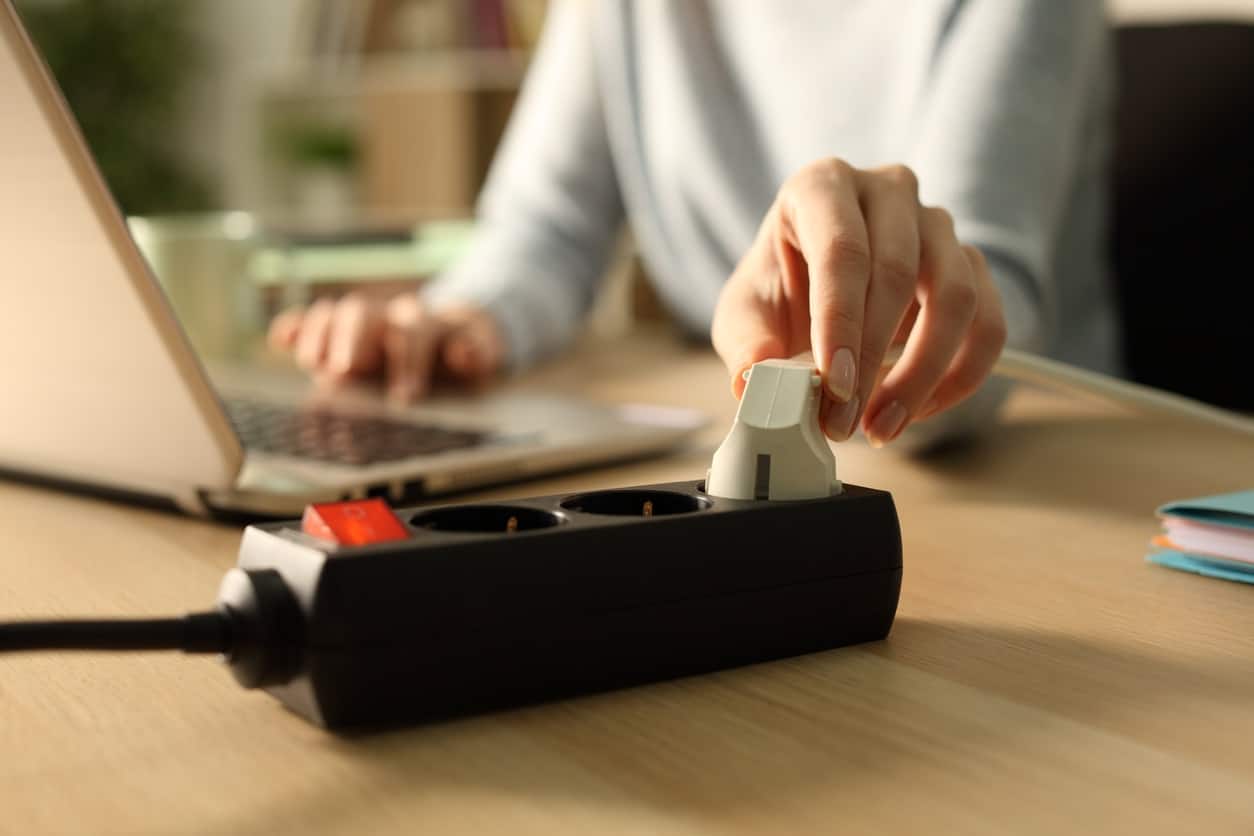Burn Awareness Week is February 7-13, and our Firefighters Burn Center is using the opportunity to education the public about preventing electrical burns and fires.
Tips include checking wiring, using extension cords properly and always consulting with a licensed electrician if you’re having problems.
The Burn Center team encourages everyone to use common sense to avoid burn injuries, which can lead to scarring, physical disabilities and even death.
Regional One Health’s Firefighters Burn Center is nationally known for providing exceptional care that saves lives and helps patients get back to normal.
But Burn Center leaders agree the best medicine is prevention – and that means educating the public about how to stop burn injuries from happening in the first place. They’re taking part in the American Burn Association’s National Burn Awareness Week February 7-13, which this year focuses on safeguarding against electrical fires and burns.
As the American Burn Association notes, “Burn injuries continue to be one of the leading causes of accidental death and injury in our nation, and a common risk of injury exists from unprotected electrical outlets, improperly used extension cords, lightning and workplace electrical injuries.”
All of these can be avoided through simple, common sense actions. Here’s some advice from the Burn Center and American Burn Association:
Keep an eye on wiring

Never overload extension cords, and make sure you’re using them for their rated and intended purpose.
Make a regular visual inspection of your wiring and the cords that run from major appliances. Look for cracks, fraying, bare or loose wires, damaged plugs and loose sockets. If you see any of these problems, don’t use the equipment until it has been checked and repaired by an electrician.
Some signs of trouble that require professional assistance include:
- A flickering bulb. If tightening the bulb doesn’t help, it may be a wiring problem.
- Unusually warm switches or outlets
- A circuit breaker that is frequently tripped. If moving appliances off the circuit to lower the demand doesn’t help, your electrical system could be to blame.
Also, have a licensed professional check your HVAC (heating, ventilation and air conditioning) system annually for electrical issues.
Use outlets and extension cords safely
All major appliances, heaters and fans should be plugged directly into an outlet, not an extension cord. However, remember that overloading outlets can be a safety hazard.
Make sure only one heat-producing appliance is connected to each outlet. Never plug a generator into an outlet – instead, have an electrician install a transfer switch.
If you’re using an extension cord, keep these tips in mind:
- Never plug one extension cord into another extension cord.
- Use extension cords only for their rated, intended use, and don’t overload them.
- Never use an indoor extension cord outside.
- Don’t run extension cords under rugs.

If you’re experiencing problems with your electrical system or feel that your system doesn’t meet your needs, call a licensed electrician for help.
If you’re using multiple extension cords or use them in place of regular wiring, it’s a sign that your electrical system doesn’t meet your needs. Call an electrician to find a more permanent and safe remedy for the problem.
Be careful with batteries
Be aware that batteries can cause burns if they short circuit. This can happen if the positive and negative terminals of the battery come in contact with each other.
If you keep batteries or battery-operated items, like a vape, in your pocket with coins, key and other metal objects, the batteries can short circuit and cause burns.
Stay safe from all types of burns
Along with electrical fires and burns, common hazards include cooking burns, scalds and contact burns. For more safety tips from the American Burn Association, visit www.ameriburn.org.

